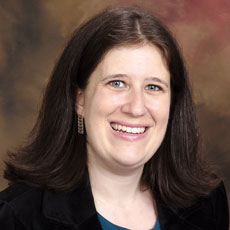
Of the many hot words in long-term care, two are guaranteed to get people’s ears to perk up: “abuse” and “kickbacks.”
These words, hopefully, are not ever uttered in the same sentence. Still, they bring up serious questions involving how people interpret language, noted McKnight’s Fall Online Expo speaker Matthew Murer.
It’s critical to make clear that anyone who doesn’t report a problem will be disciplined. But it’s also necessary to train staff differently, the attorney noted.
“We tell staff, ‘Make sure that you report any abuse that you see or hear about,’” Murer said. The problem? That is forcing a staff member to determine the meaning of “abuse.” One person’s definition of abuse might mean they would report a staff member hitting a resident, but not teasing, or telling a resident to “shut up.”
Give examples, Murer advised, such as walking employees through situations where the care during repositioning may be “rough,” or where a staff member threatens to not deliver care.
Having a lower threshold for reporting means that management might see issues that don’t rise to the level of abuse as defined under immediate jeopardy, but it also will mean that top managers will become more aware of potential problems.
“Honestly, wouldn’t you rather learn more in this area than less?” Murer posed. “Keep in mind that this is exactly the technique that the surveyors take in resident meetings. They don’t ask, ‘Have you been abused?’ Instead, they ask, ‘Has anything happened that has upset you or seemed wrong or unfair?’”
With kickbacks, training also must include hypotheticals, he said. Instead of saying to “not accept kickbacks,” it’s important to talk about not accepting anything of value, such as tickets to a sporting event or gift cards. Facility policy also must be clear, for example, on whether staff members may accept pizza or any other food.
Don’t assume this is obvious: You need to make it clear if a nursing team can accept a gift basket from a resident’s family, but not a vendor, or whether your medical director can be taken out to lunch by a hospital president.
Elizabeth Newman is senior editor at McKnight’s. Follow her @TigerELN.




